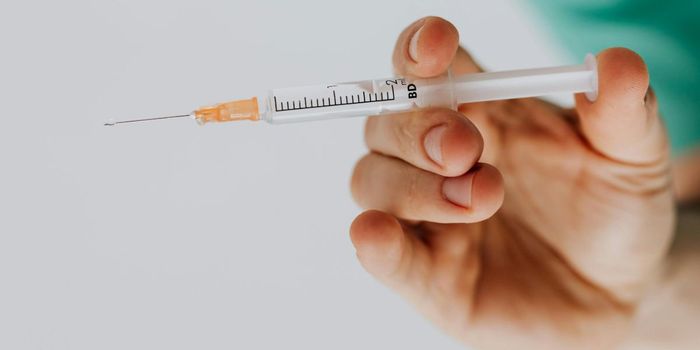Clinical Trial Drug For a Rare Neurodegenrative Disease Proven Unsuccessful
Niemann-Pick type C (NPC) is a rare and fatal neurodegenerative disease. Symptoms of the condition include loss of balance, difficulty swallowing, seizures, and cognitive disabilities. These symptoms are due to an impaired ability to properly metabolize cholesterol.
Seeking treatment for NPC, a recent drug was placed in a key clinical trial for 56 affected children and youth. The drug, VTS-270, brought disappointing results when it was found to perform no differently than the placebo and “did not show a statistically significant separation,” says Steven Romano, the executive vice president of Mallinckrodt Pharmaceutical and chief scientific officer. However, the condition did not progress in both groups during the 1-year study.
“But importantly, neither did [patients in the active or placebo arms of the trial] show disease progression as would have been anticipated in the neurodegenerative condition over 52 weeks of observation,” explains Romano.
VTS-270 consists of a doughnut-shaped sugar molecule called a cyclodextrin that was spinally injected into the cerebrospinal fluid of the brain.
The chemical structure of VT2-270 (2-hydroxypropyl-β-cyclodextrin (HPβCD))
Image Credit: PLOS ONE
The drug showed positive results in animal models of the diseases but not in children during the one year study. Such results prompted other researchers who have expertise in rare diseases to suggest that the trial’s use of a traditional double-blind and randomized controlled trials may not be the best tool in such condition.
“This is a disappointing result but a very important one. The question I have is: Is it truly the case that this agent is not effective, or is the result the consequence of a trial design that in retrospect might have been better?” says Marc Patterson, a child neurologist who has been conducting NPC research and treating NPC-affected children for over 30 years.
Since NPC is a slow progressive disease, Patterson believe that the drug may have been successful if the clinical trial was much longer than the 1-year study. Patterson argues that this particular study raises issues regarding FDA’s approval time in clinical trials involving rare diseases.
“We’ll need to look at those open-label treatment patients and see if there’s any difference that gradually accrues over the course of that additional treatment period,” says Romano.
Source: Science Magazine








